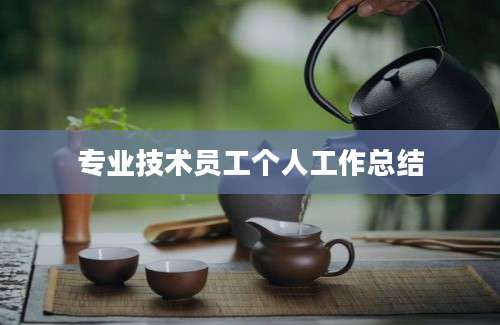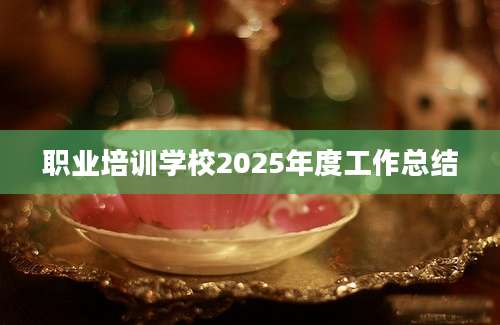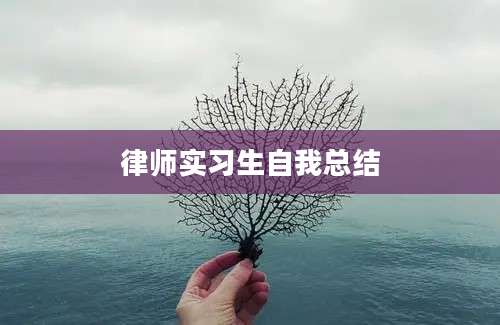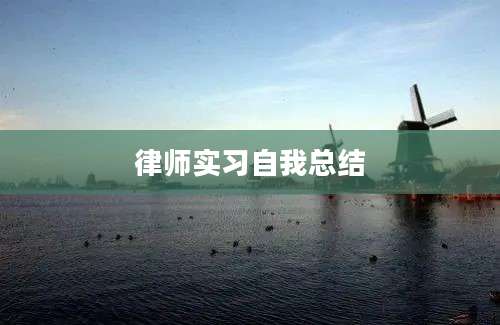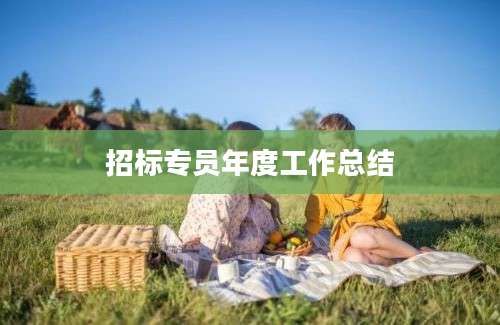My Essay on Chinese Traditional Culture

Traditional culture is the soul of a nation, and China, with its rich history and diverse ethnic groups, boasts a vibrant and profound traditional culture. This essay aims to delve into the essence of Chinese traditional culture, highlighting its historical significance, unique features, and its influence on modern society.
The history of Chinese traditional culture dates back thousands of years. It is rooted in the ancient philosophies of Confucianism, Taoism, and Buddhism, which have shaped the moral and ethical values of the Chinese people. The development of Chinese traditional culture is closely tied to its long history, during which it has absorbed and integrated various elements from other cultures, creating a unique and diverse cultural landscape.
One of the most distinctive features of Chinese traditional culture is its emphasis on harmony. This concept is evident in the philosophical teachings of Confucius, who advocated for the harmony between individuals, families, and the state. The Chinese also value the harmony between nature and humanity, as reflected in Taoist philosophy.
Art and literature are another significant aspect of Chinese traditional culture. Chinese calligraphy, with its elegant strokes and profound meaning, is a fine example of the fusion of art and philosophy. Chinese poetry, with its concise and expressive language, captures the essence of Chinese thought and emotion. The Four Great Classical Novels, such as "Dream of the Red Chamber," are not only literary masterpieces but also mirrors of the society and era in which they were written.
Chinese traditional festivals are a vivid illustration of the cultural richness. The Spring Festival, also known as Chinese New Year, is the most important festival in China, symbolizing the reunion of families and the renewal of life. Other traditional festivals, such as the Dragon Boat Festival and the MidAutumn Festival, also reflect the deep connection between the Chinese people and their culture.
Despite the rapid development of modern China, traditional culture remains an integral part of the nation's identity. It continues to influence the way people live, think, and interact with each other. The revival of traditional art forms, the spread of Chinese philosophy, and the integration of traditional values into modern society are all testaments to the enduring power of Chinese traditional culture.
In conclusion, Chinese traditional culture is a treasure trove of wisdom and beauty. It not only reflects the historical and philosophical depth of the Chinese people but also continues to inspire and influence the world today.
Common Questions and Answers about Chinese Traditional Culture
1. What are the main philosophical schools in Chinese traditional culture?
Answer: The main philosophical schools are Confucianism, Taoism, and Buddhism. Confucianism emphasizes moral values and social harmony, Taoism focuses on living in harmony with nature, and Buddhism promotes spiritual enlightenment.
2. What is the significance of Chinese calligraphy?
Answer: Chinese calligraphy is not only an art form but also a reflection of Chinese philosophy and aesthetics. It is considered a way to express one's inner character and is deeply intertwined with Chinese culture.
3. Can you name some famous traditional Chinese festivals?
Answer: Some of the most famous traditional Chinese festivals include the Spring Festival (Chinese New Year), the Dragon Boat Festival, the MidAutumn Festival, and the Lantern Festival.
4. How has Chinese traditional culture influenced modern society?
Answer: Chinese traditional culture has influenced modern society in various ways, such as in the moral values, art forms, and even in the political and social systems. The emphasis on harmony and respect for elders, for example, is still evident in modern Chinese society.
5. What is the difference between Chinese and Western traditional cultures?
Answer: The main differences lie in the philosophical foundations, artistic expressions, and social structures. Chinese traditional culture is deeply rooted in Confucian, Taoist, and Buddhist philosophies, while Western traditional culture is more influenced by GrecoRoman and JudeoChristian traditions.
6. How do Chinese traditional values impact business practices?
Answer: Chinese traditional values such as respect for authority, collectivism, and filial piety still play a role in business practices, particularly in corporate culture and decisionmaking processes.
7. What are the traditional Chinese arts?
Answer: Traditional Chinese arts include calligraphy, painting, music, dance, opera, and drama. These arts are not only forms of entertainment but also convey profound cultural and philosophical meanings.
8. How has Chinese traditional medicine evolved over time?
Answer: Chinese traditional medicine has evolved over thousands of years, incorporating various practices such as acupuncture, herbal medicine, and qigong. It is still widely practiced in modern China and around the world.
9. What is the significance of the Chinese lion dance?
Answer: The Chinese lion dance is a traditional performance art that symbolizes good fortune and drives away evil spirits. It is often performed during festivals and celebrations.
10. How do Chinese traditional festivals reflect






